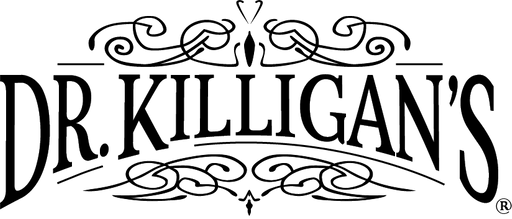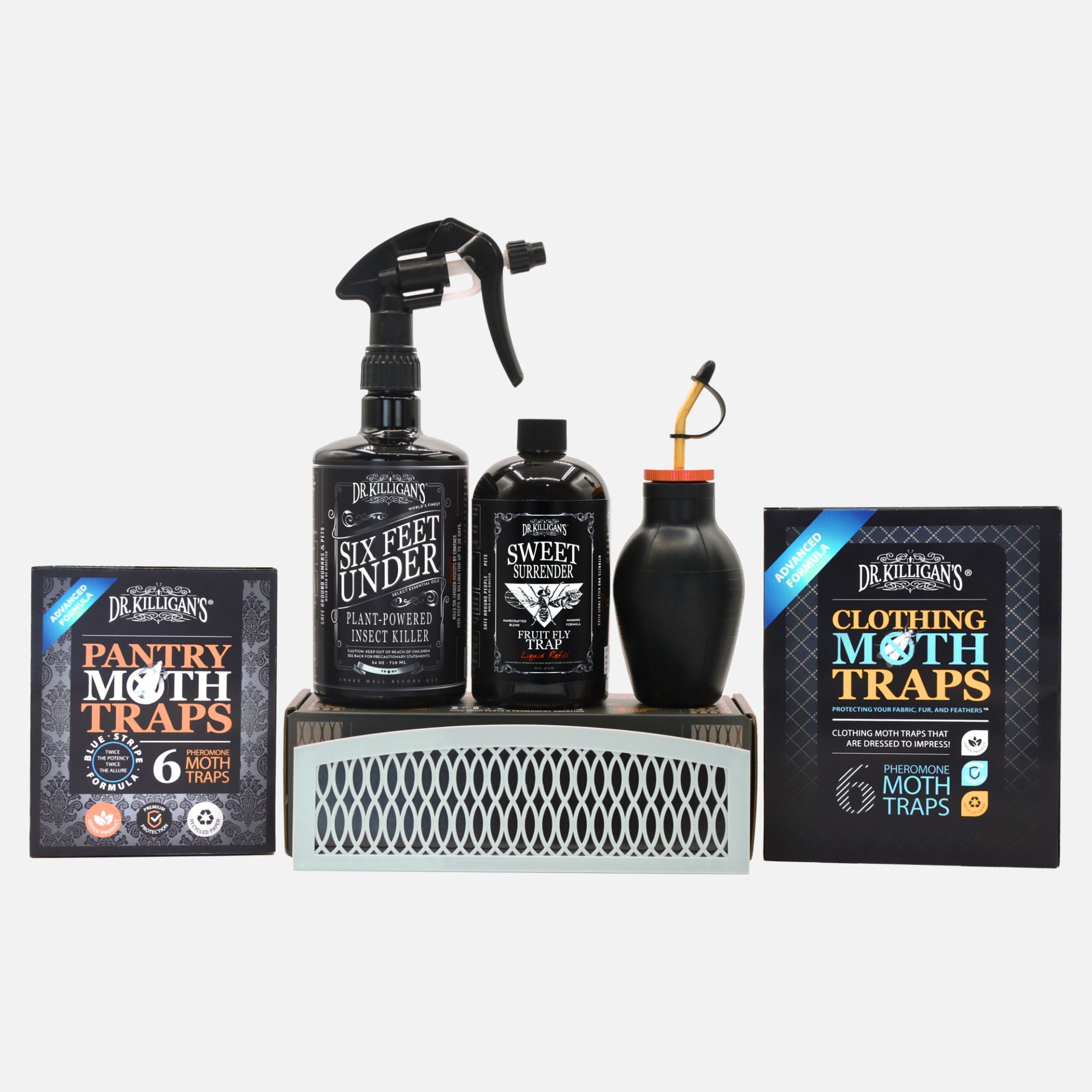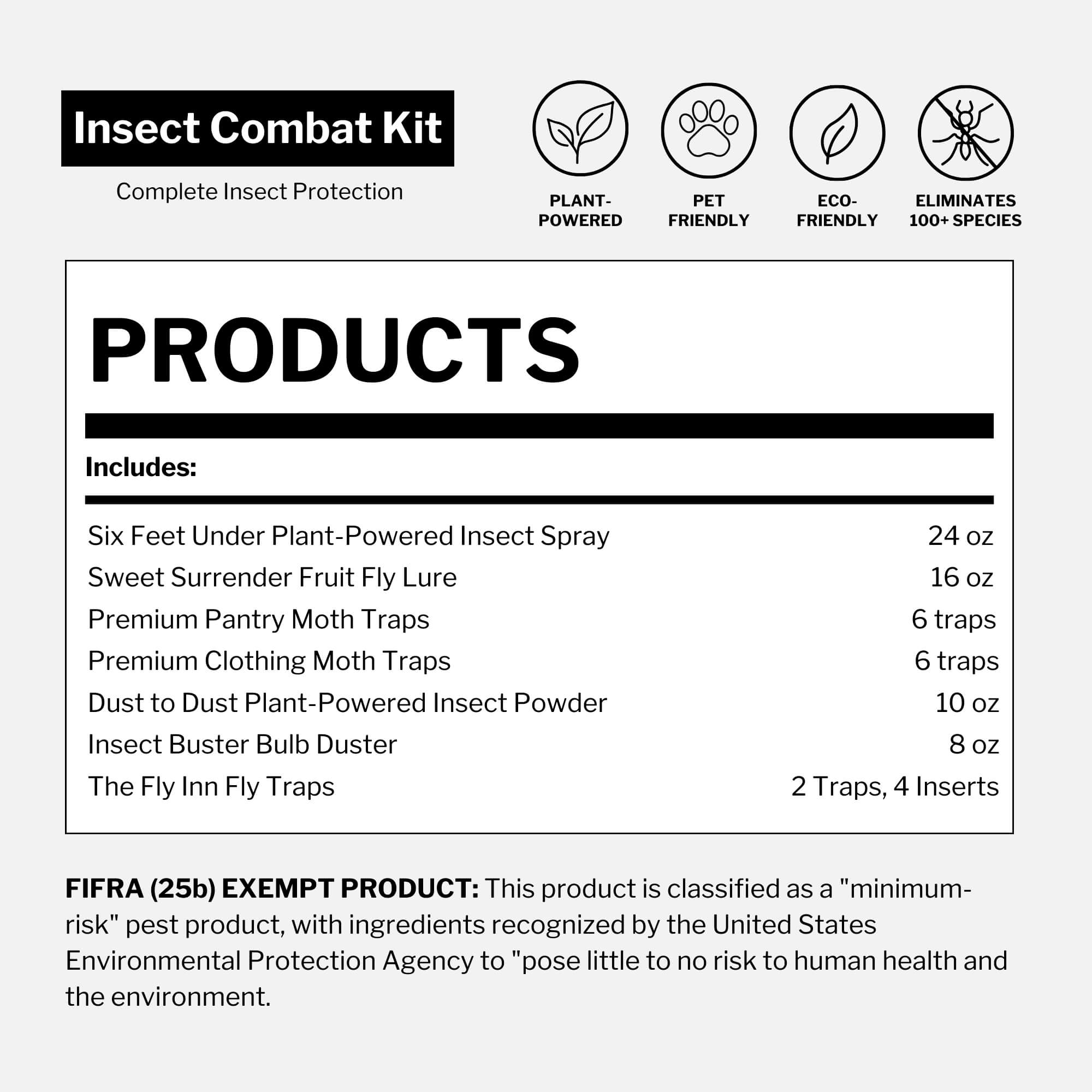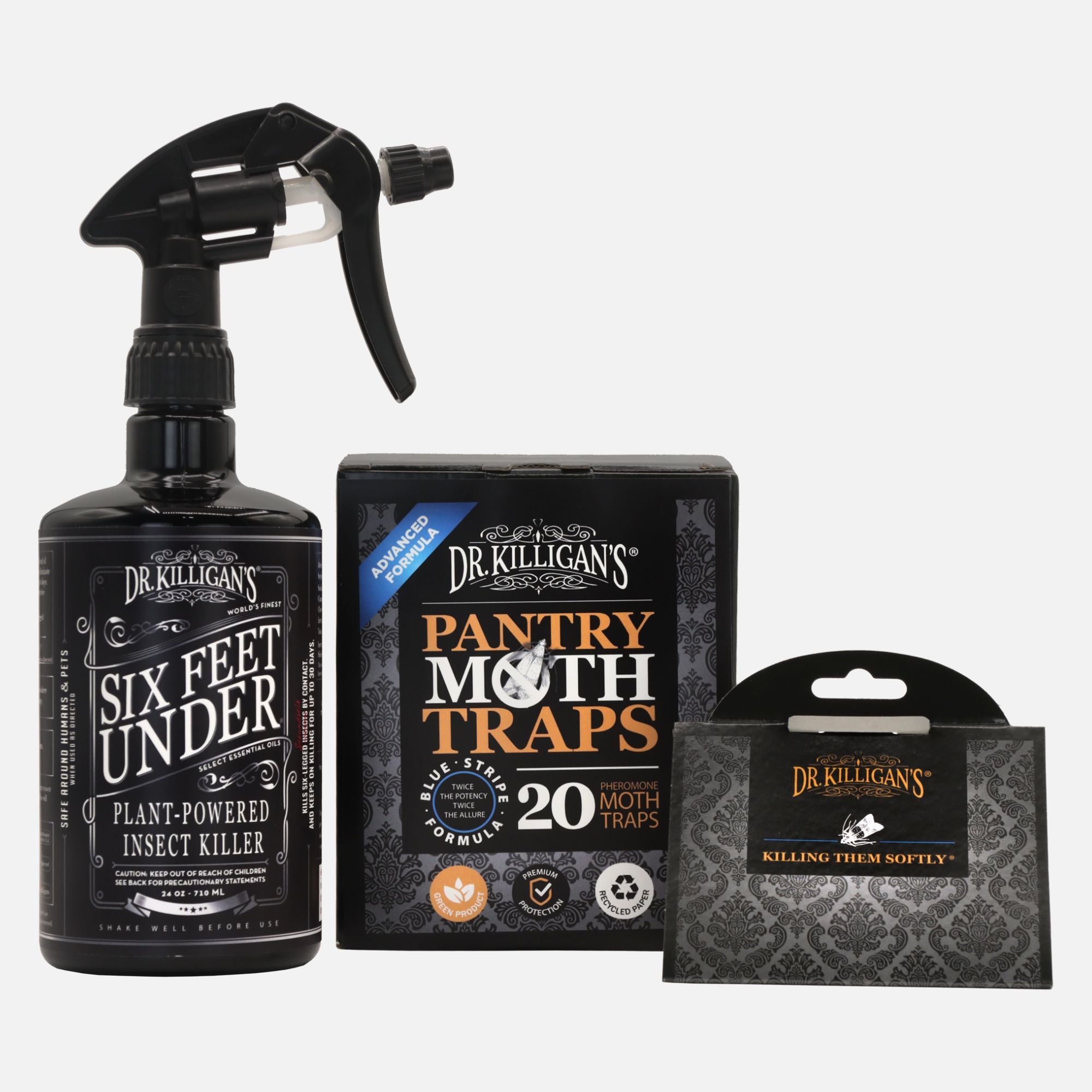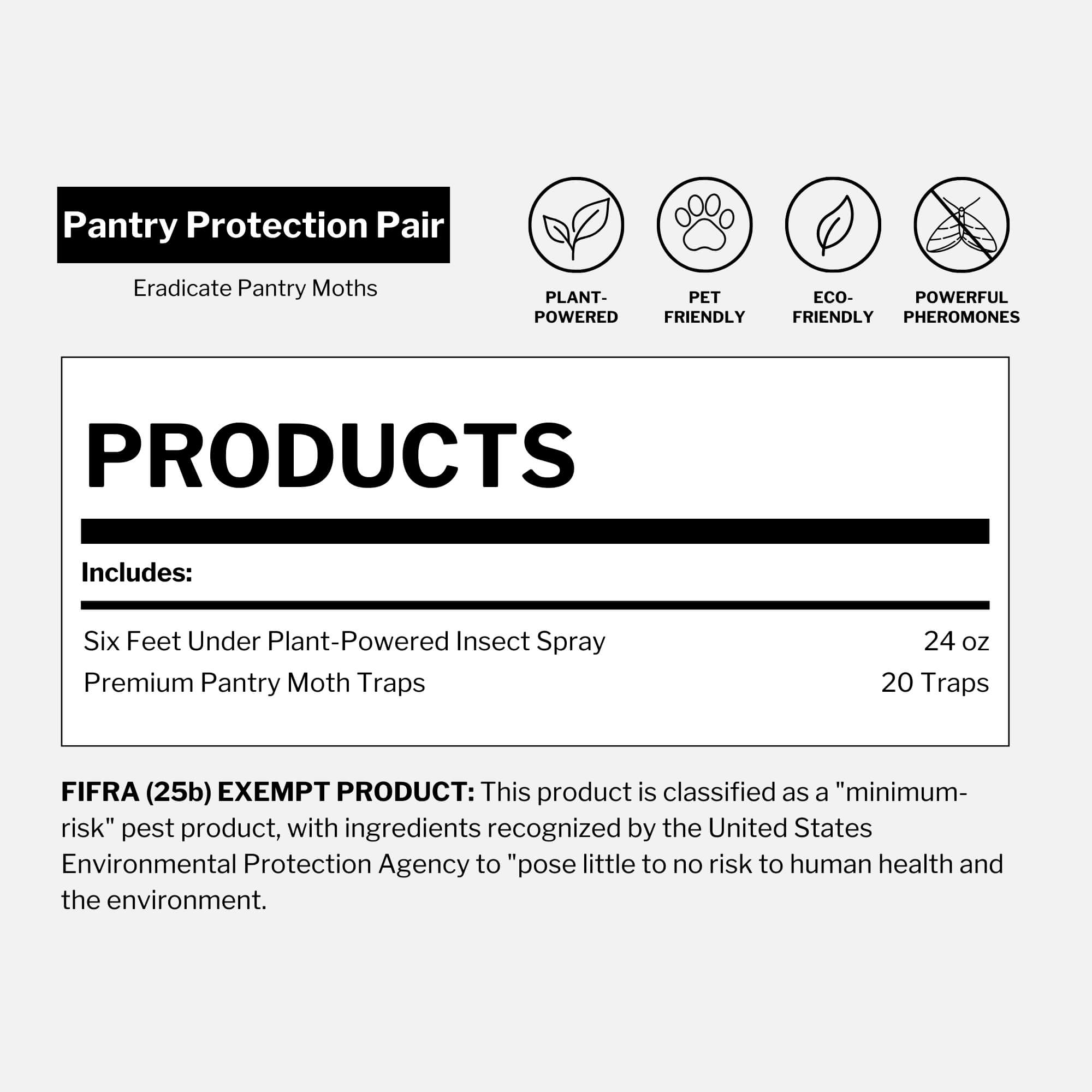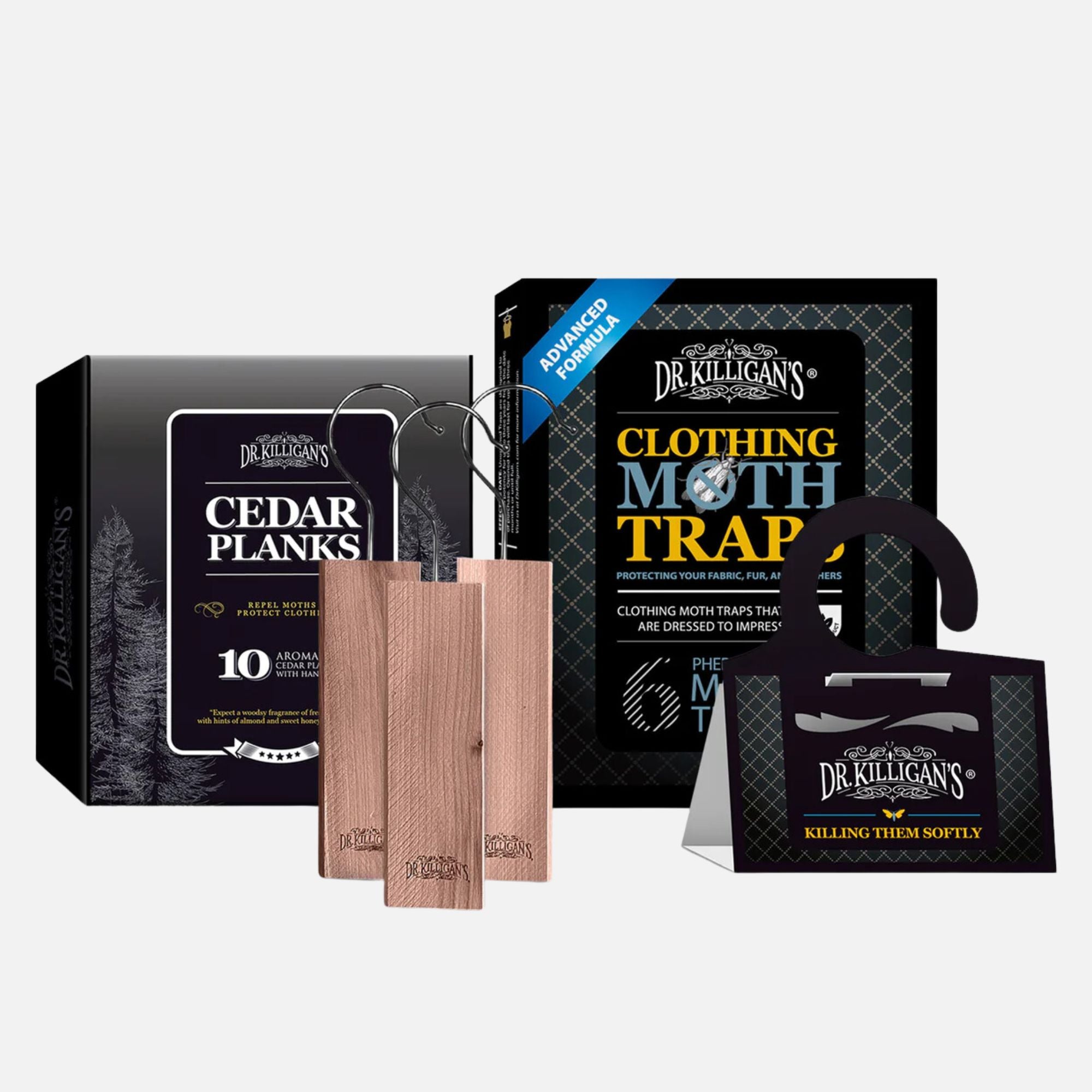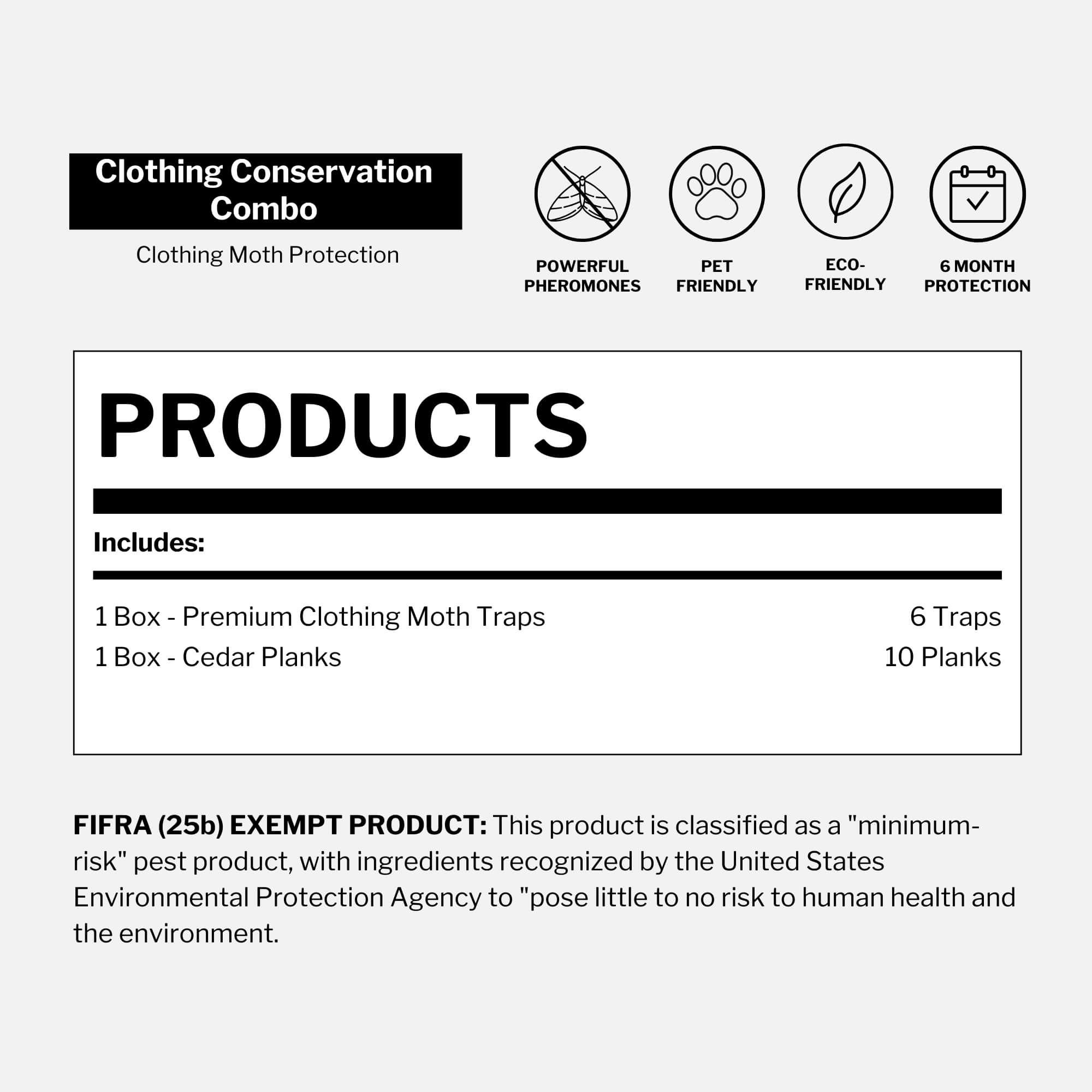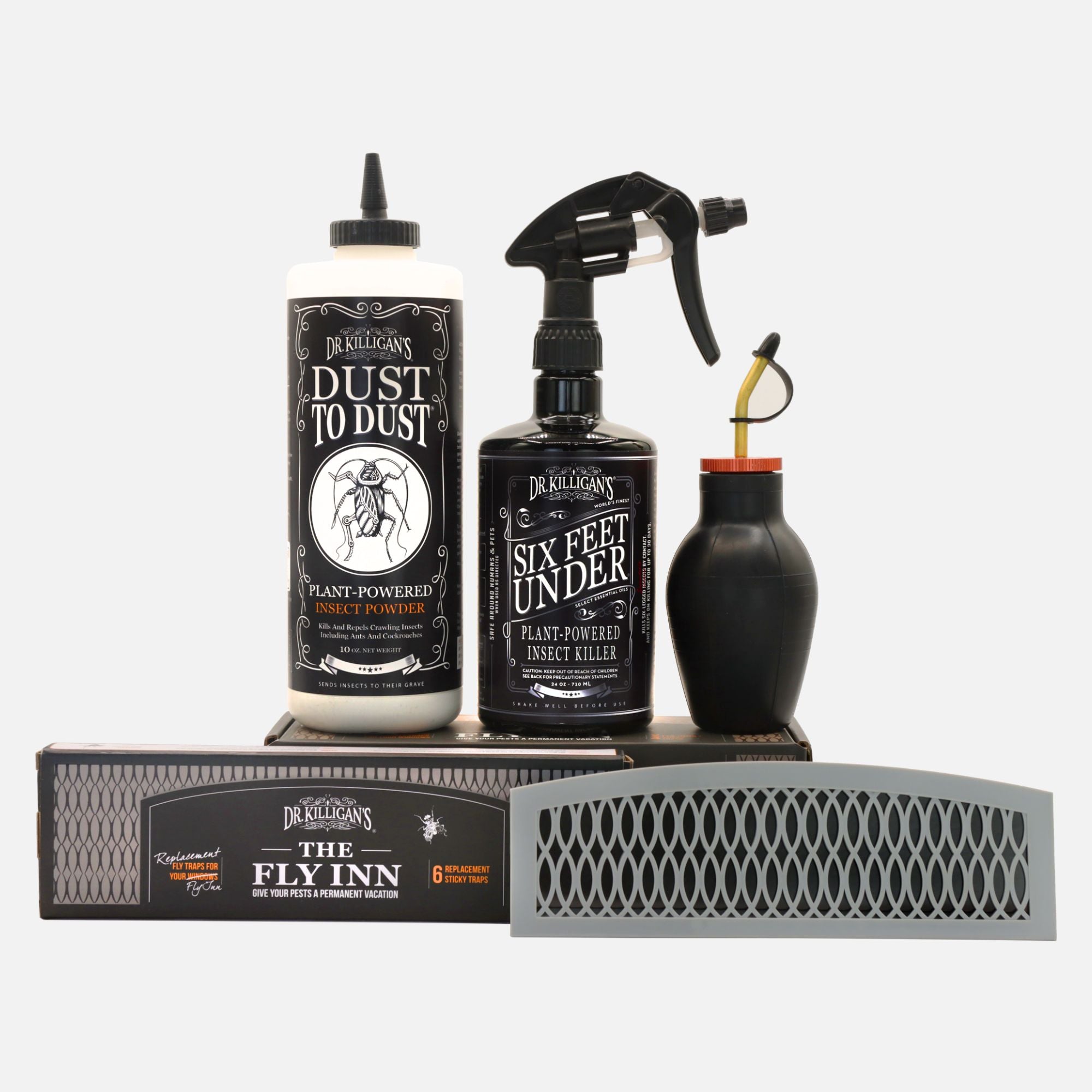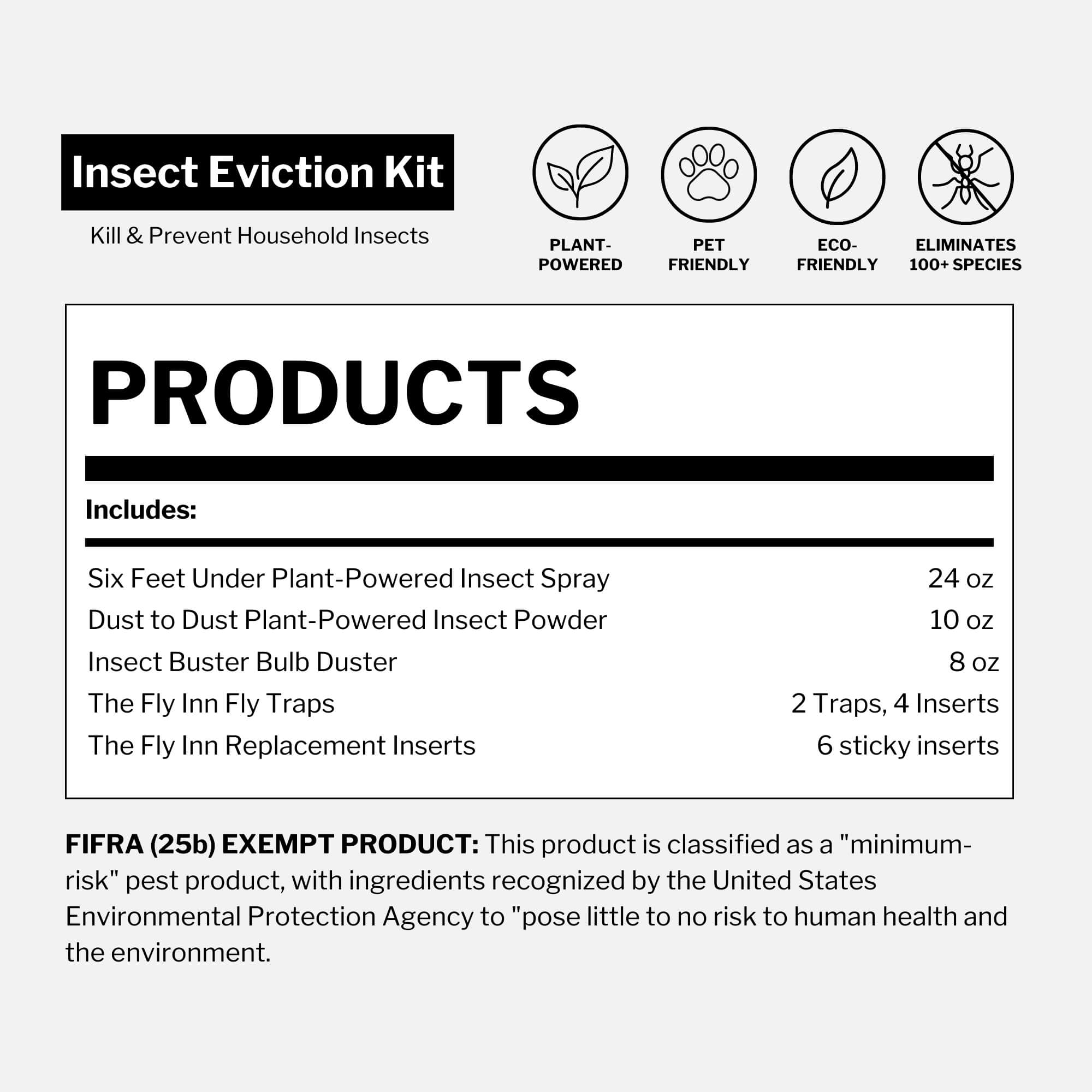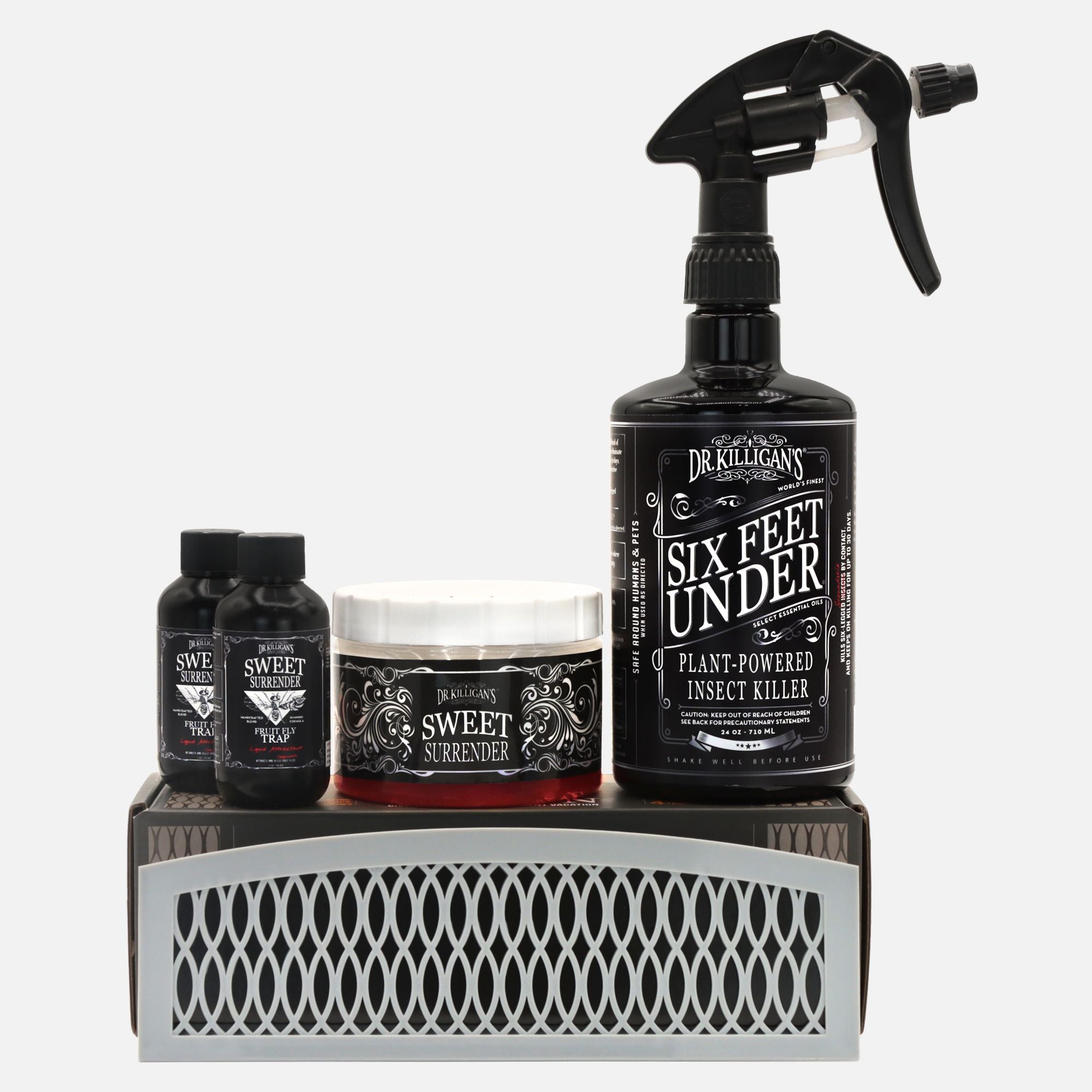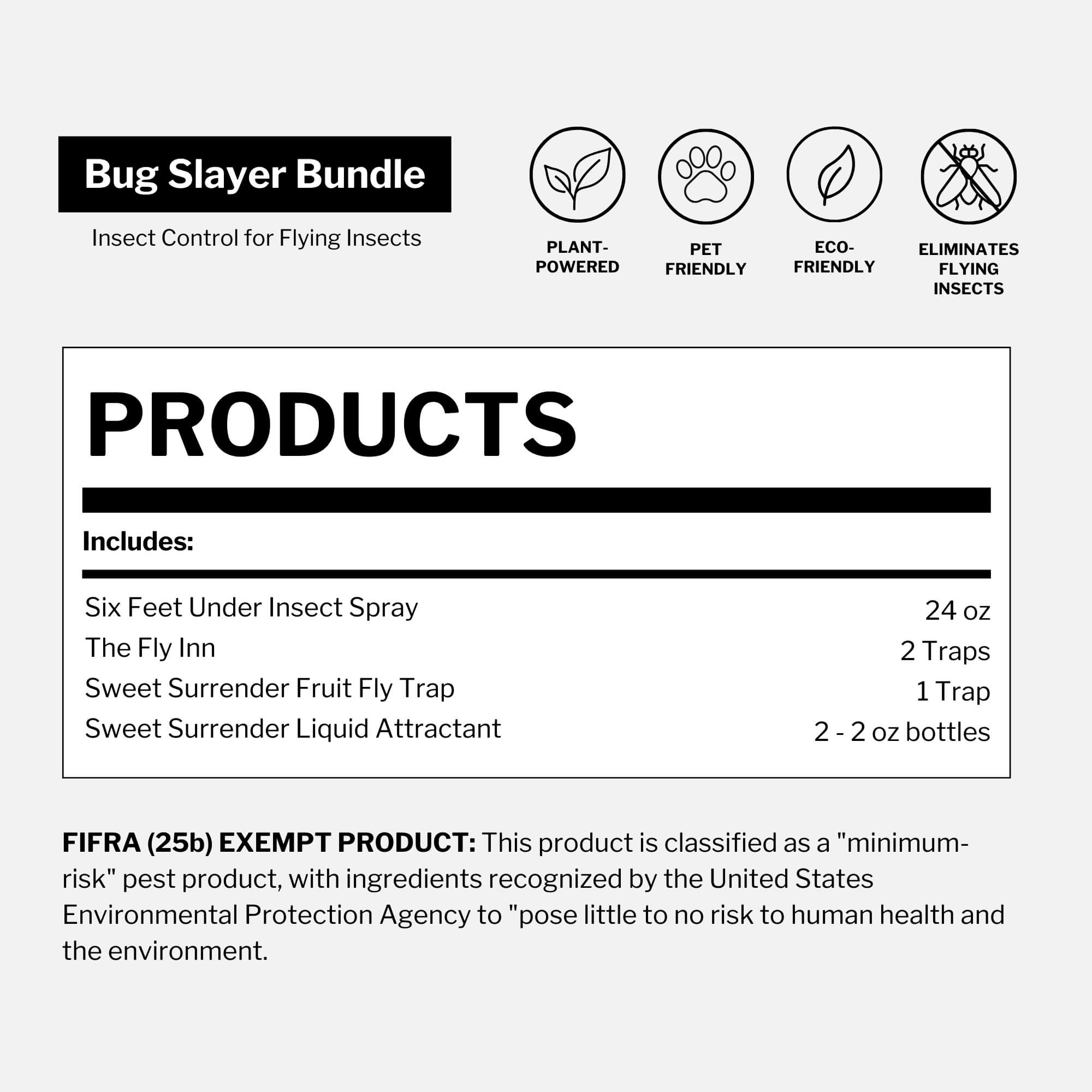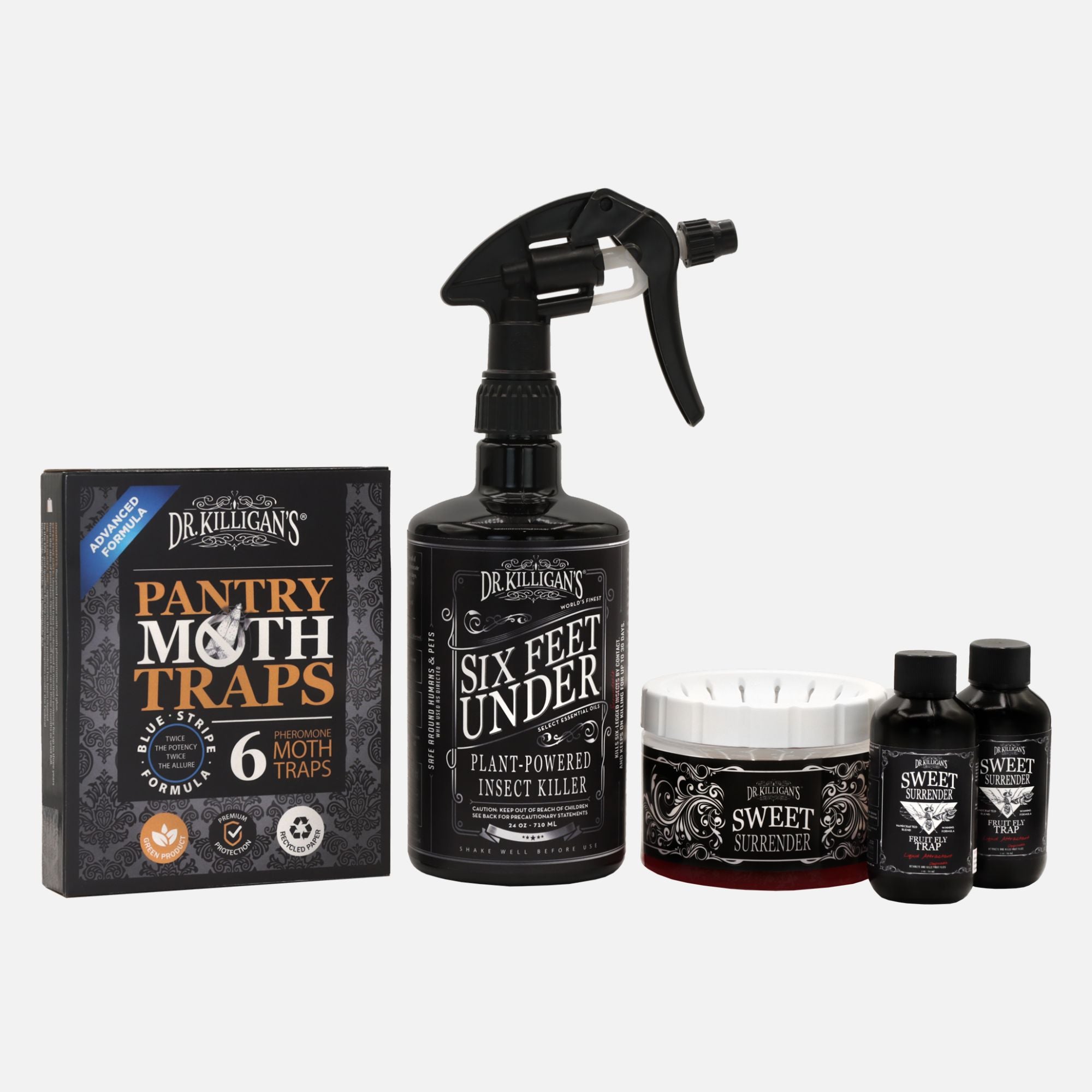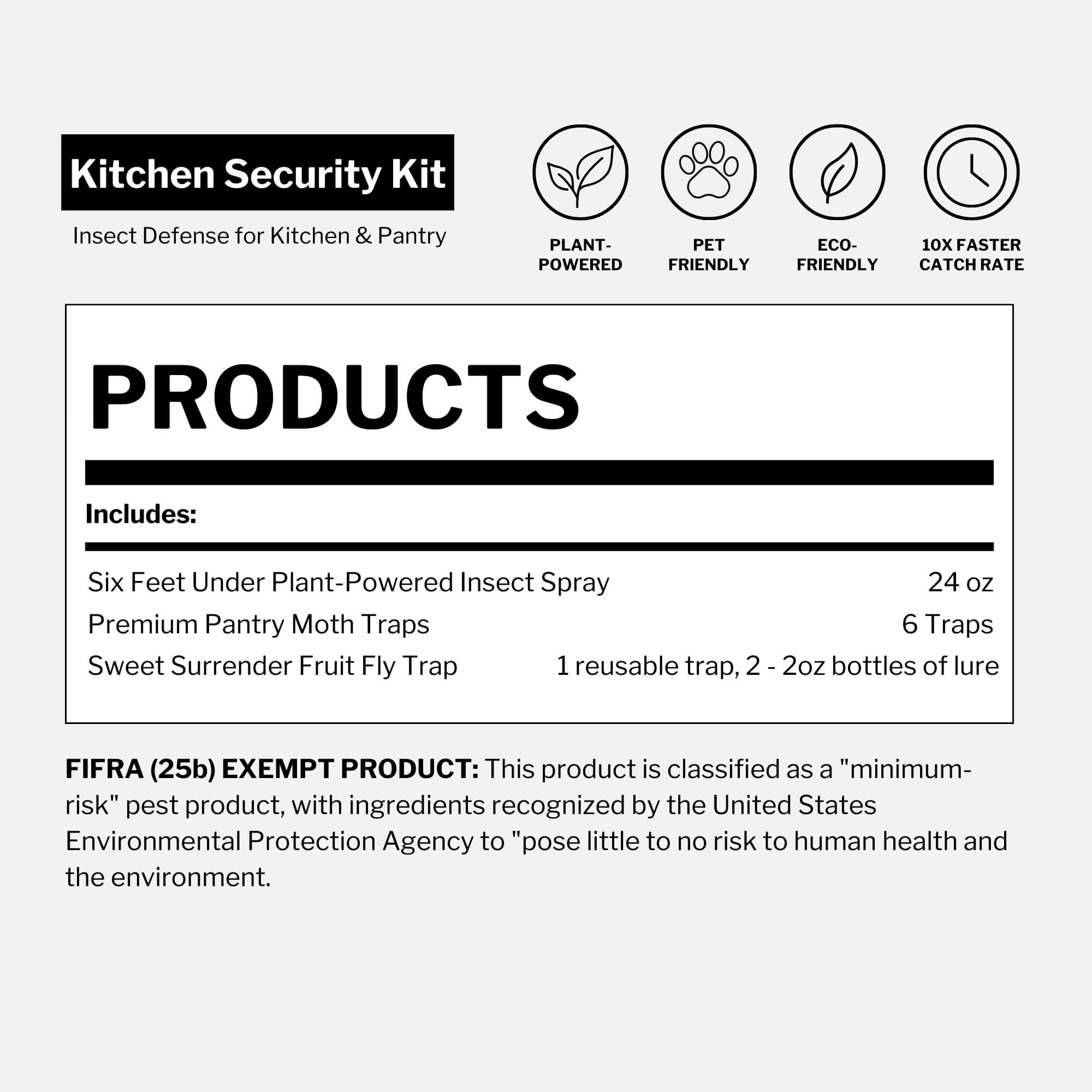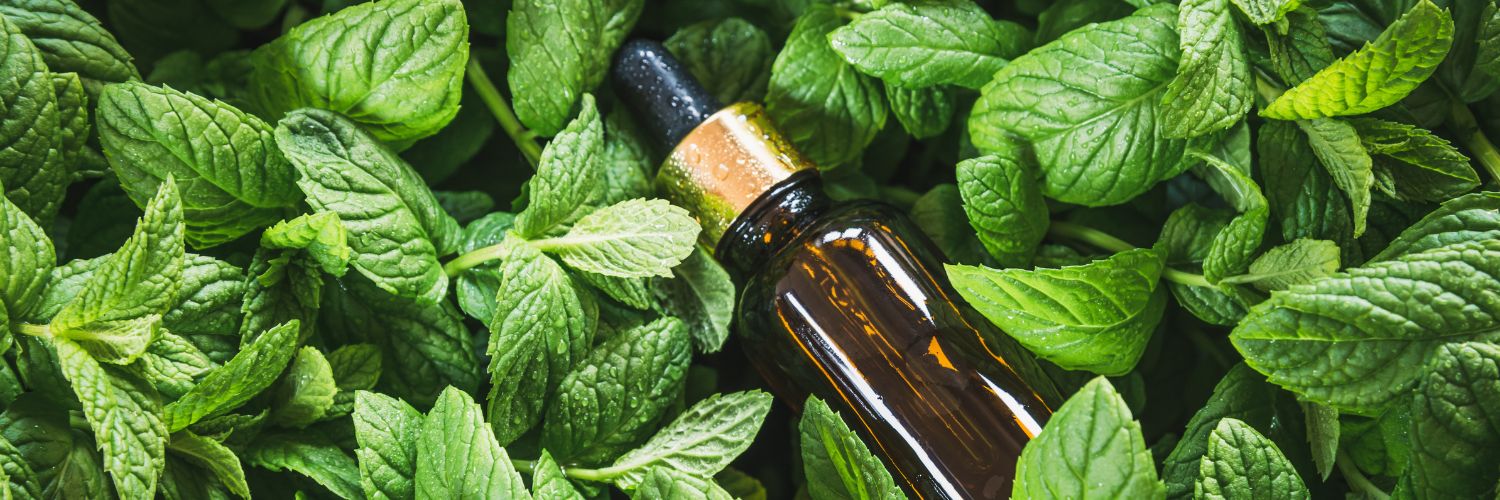Welcome to the world of natural pest control solutions. Here, we explore five essential oils—peppermint, clove, cinnamon, cedarwood and rosemary—that are quite fragrant and reputably effective at naturally repelling pests. Discover how to harness these oils to protect your home from ants, mosquitoes and other unwelcome guests, offering you a chemical-free alternative to traditional insect repellents.
>>> Repel bugs with the world's most effective eco-insecticide
1. Peppermint oil: Repelling bugs naturally
Peppermint oil, rich in menthol, naturally disrupts pest sensory systems, making it harder for these pests to navigate and find food. It's an ideal choice for those wondering what oil is good against bugs.
Dual action efficacy of peppermint oil: Peppermint oil serves as an effective deterrent— turning your home into an insect-free zone. Studies highlight its ability to penetrate insect exoskeletons and impair critical functions, resulting in high mortality rates upon contact. These findings are supported by extensive testing detailed in Cornell University studies.

- Mosquito control: Functions as a powerful larvicide, with research indicating significant effectiveness against mosquito larvae, including those of Anopheles stephensi and Aedes aegypti.
- Houseflies and aphids: Demonstrates potent toxic effects on houseflies and is an effective control against aphids, impacting their survival and ability to thrive on treated plants.
- Agricultural pests: Shown to reduce larval feeding and survival rates in pests like the Colorado potato beetle, providing a natural solution for agricultural pest management.
- Storage pests: Proven to manage post-harvest pests such as red flour beetles and pulse beetles.
Targeted application: Target specific pest entry points with Dr. Killigan's Dust to Dust Plant-Powered Insect Powder, infused with peppermint oil. Apply it along baseboards, in corners and near window sills to disrupt pest activity zones and keep mosquitoes, aphids and beetles at bay. Its potent formula also helps repel houseflies and many other pests, providing a precise and effective solution.
For more on peppermint oil, read Kiss bugs goodbye: Your complete guide to using peppermint oil for pests
2. Clove Oil: Keeping bugs out of your house
Clove oil, rich in eugenol, has demonstrated powerful insecticidal properties since the 1940s, effectively repelling pests with its strong aroma.
Dual action efficacy of clove oil: Clove oil repels and kills pests on contact. According to research from Cornell University, clove oil is highlighted for its ability to cause high mortality rates among various insects, including those resistant to other treatments. This robust efficacy makes it an essential tool for natural pest control.

- Mosquito control: Effective as a repellent, clove oil has shown extended duration of activity against mosquitoes, including Aedes aegypti and Anopheles dirus, preventing bites for up to several hours.
- Termites and mites: Proven highly toxic to termites and mites, clove oil causes 100% mortality in certain species within days.
- Agricultural and storage pest management: Clove oil is effective against the Colorado potato beetle, the red flour beetle and the pulse beetle. It reduces larval feeding and survival significantly, offering a natural alternative to chemical pesticides in both fields and storage settings.
- Stink bugs and vespids: Clove oil has been used successfully in traps to repel over 95% of brown marmorated stink bugs and effectively block the attraction of vespid wasps.
- Household pests: Notably effective against bed bugs, clove oil is a component of products that achieve over 90% mortality.
Enhanced pest defense: Incorporate Dr. Killigan's Six Feet Under Plant-Powered Insect Spray, powered by clove oil, for long-lasting defense. Use it around doorways, windowsills and under furniture where pests like mites, stink bugs and bed bugs hide. This targeted approach ensures a variety of pests are controlled for up to 30 days, offering both immediate action and ongoing protection.
For more on clove oil, read Is clove oil safe for dogs: What pet owners need to know and The benefits of clove oil
3. Cinnamon oil: Warding off bugs
Thanks to its cinnamaldehyde content, cinnamon oil is a highly effective pest deterrent. With its strong aroma, it disrupts pests’ senses, driving out and eliminating household bugs.
Dual action efficacy of cinnamon oil: Cinnamon oil’s potent properties target a variety of pests, swiftly eradicating them upon contact. Research from Cornell University highlights its effectiveness, making it a top choice for natural pest management.

- Cockroach management: Documented research submitted to the EPA shows that cinnamon oil is effective against public health pests like German cockroaches, allowing for its use in products with specific claims about controlling this pest.
- Mosquito control: Cinnamon oil stands out as a natural repellent, showing impressive results against mosquitoes like Aedes albopictus and Culex pipiens. Studies highlight its comparable performance to traditional repellents.
- Fly control: Cinnamon oil’s toxicity to houseflies disrupts their survival and reproductive cycles on treated surfaces. This characteristic makes it particularly effective for reducing fly populations in areas where they tend to gather, such as kitchens and outdoor seating areas.
- Versatile insect repellent: In addition to its known effectiveness against mosquitoes, recent research demonstrates that a 10% emulsion of cinnamon oil protects against Aedes aegypti mosquitoes and ticks for over an hour, as shown in Scientific Reports.
- Storage and agricultural pest management: Cinnamon oil exhibits strong activity against various storage pests like the rice weevil (Sitophilus oryzae) and the bean weevil (Acanthoscelides obtectus), and agricultural pests including the cecidomyiid gall midge, which is a pest of shiitake mushrooms. It is particularly noted for reducing the reproduction and survival of these pests when applied directly to stored products or crops.
Quick-action solution: Combat persistent pests with Dr. Killigan's Six Feet Under Plant-Powered Insect Spray, fortified with cinnamon oil. It swiftly kills ants, roaches, moths, flies, fleas and other bugs. Spritz directly on roach trails, inside cupboards or in areas where flies gather for immediate results, ensuring kitchen counters and storage spaces remain pest-free.
For more on cinnamon oil, read The many benefits of cinnamon (and how to use it)
4. Cedarwood oil: Deterring bugs naturally
Cedarwood oil, derived primarily from the heartwood of Juniperus virginiana, boasts natural termiticidal and insect-repellent properties. This oil ensures quick and powerful contact-kill action.
Dual action efficacy of cedarwood oil: Cedarwood oil possesses potent insecticidal properties that demonstrates its effectiveness in studies from Cornell University.

- Termite control: Documented research from Cornell University—as aforementioned—shows cedarwood oil can achieve 100% mortality of subterranean termites within just half a week when exposed to sawdust from the heartwood.
- Moth and beetle management: Cedarwood oil vapor has proven lethal to larvae of webbing clothes moths and toxic to carpet beetles—such as the black carpet and furniture carpet beetles—providing an excellent defense against these pests.
- Extended protection: The lasting effects of cedarwood oil are highlighted by its success in maintaining low termite damage over extended periods, making it ideal for use in cedarwood chests and closets to protect garments.
Specialized storage solution: Dr. Killigan’s Cedar Planks Clothes Moth Repellent uses cedar’s natural properties to safeguard your wool, fur and leather items. Arrange planks strategically in drawers and closets to prevent damage from webbing and case-making moths. The Cedar Ward Essential Oil spray rejuvenates the planks, offering extended protection and freshness for your stored items.
For more on cedarwood oil, read The insect repelling power of eastern red cedarwood
5. Rosemary oil: Keeping insects away from your home
Rosemary oil’s active compounds—primarily camphor and cineol—are powerful in disrupting insect physiological processes, causing disorientation and reducing infestations.
Dual action efficacy of rosemary oil: Rosemary oil effectively repels mosquitoes and mites, showing lasting protection. Cornell University studies highlight its contact toxicity against various pests—including first-instar larvae of Aedes aegypti—and its ability to disrupt insect reproduction, thus reducing the number of eggs laid.

- Mosquito and mite control: Rosemary oil provides 100% repellency against Aedes aegypti mosquitoes for 90 minutes, even at low concentrations. It's also effective as a contact toxicant against two-spotted spider mites (Tetranychus urticae).
- Agricultural and storage pests: Rosemary oil offers effective larvicidal action against wireworms and storage pests like Rhyzopertha dominica, achieving high mortality rates.
- Aphid management: Laboratory studies demonstrate rosemary oil's repellent properties against the green peach aphid, with commercial formulations showing over 90% mortality of citrus mealybugs.
Focused entry-point defense: Dr. Killigan’s Dust to Dust Plant-Powered Insect Powder, containing rosemary oil, is perfect for sealing off entry points like cracks and gaps where mosquitoes, ants, spiders and other pests might invade. Apply it in high-risk areas such as window frames and door thresholds for a lasting, plant-powered barrier.
For more on rosemary oil, read The benefits of rosemary oil and how to use it
Where to buy essential oils for pest control
Creating your own essential oil sprays is a great way to harness their pest-repelling power. Oils like peppermint, clove, cinnamon, cedarwood and rosemary can be blended to enhance their efficacy, creating a customized and eco-friendly solution tailored to your needs. For best results, follow the articles—which include recipes—linked in each section to ensure correct dilution ratios and carrier oils. When making your own blends, choose 100% pure, organic oils for maximum potency. These oils are widely available online and at local health stores.

However, DIY solutions may have a shorter shelf life since they often lack the preservatives found in commercial products, requiring frequent refreshing to maintain effectiveness. For a longer-lasting and more convenient alternative, Dr. Killigan’s products—like our Cedar Planks, Six Feet Under and Dust to Dust—are specially formulated for maximum potency and longevity. These ready-to-use solutions provide reliable pest control without the hassle of mixing and maintaining DIY sprays. Visit our online store to discover the ideal natural pest control solution for your home.
Conclusion
Ready to transform your approach to pest control? Explore our selection of premium essential oil solutions at Dr. Killigan's online store. Each product offers a convenient and effective solution for maintaining your home’s protection. Don’t wait—visit Dr. Killigan’s today to find your ideal pest solution.
